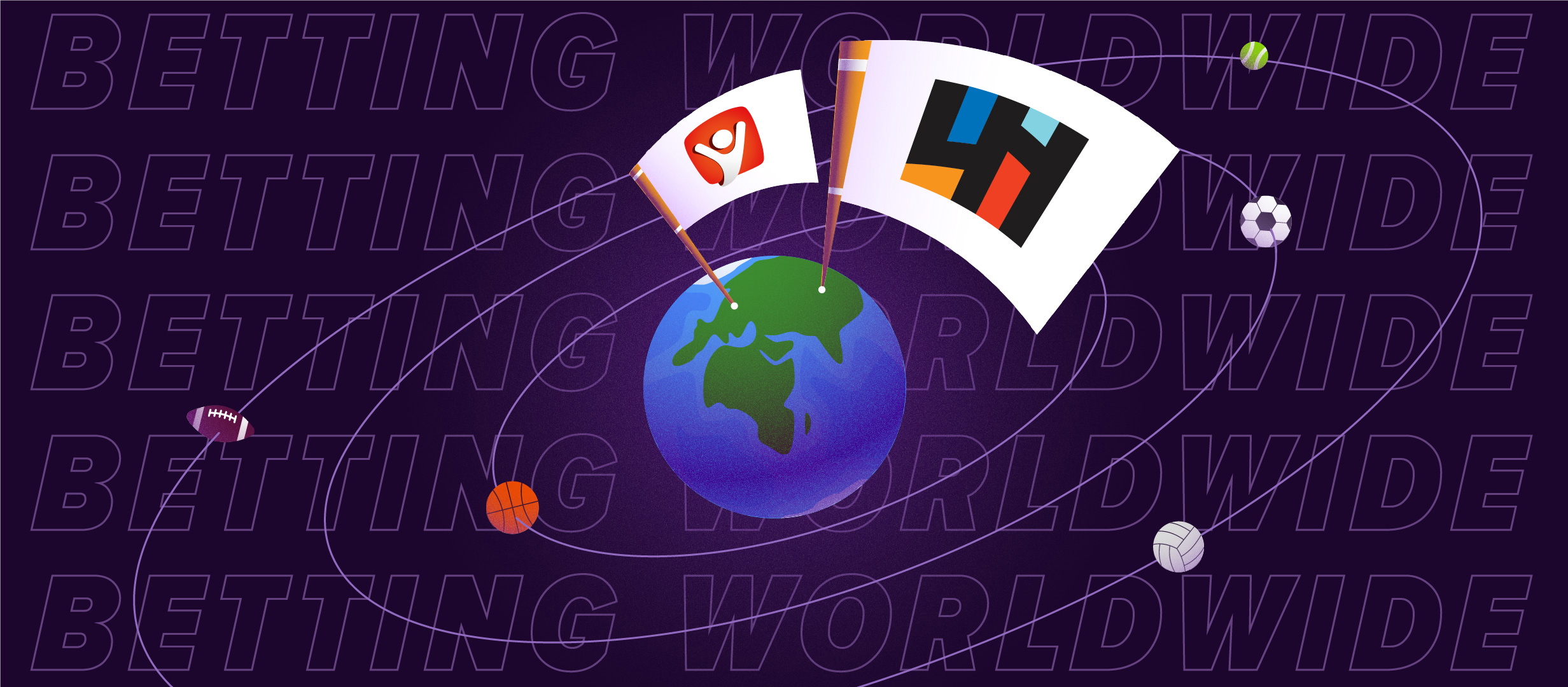British marketing will see celebrities no more, Tanzania clarifies that not everybody can issue a licence.
United Kingdom
UK licensed gambling operators will no longer to use high profile sports stars to promote their marketing campaigns. The measure was announced by CAP – The Committee of Advertising Practice. It has published a series “of tough new rules to curb the appeal of gambling adverts with under 18 audiences”. They will be in force starting from October 1st 2022. The new rules will have a big impact on the approach of the licensed operators to the marketing campaigns which they run and the audience they address.
The Committee of Advertising Practices serves as the monitor of UK advertising across both traditional and digital formats. The organisation believes that this step should be made to ensure that adverts do not carry a “strong appeal to children or young persons, especially by reflecting or being associated with youth culture.” The operators will no longer be able to promote their products and services using “top-flight footballers or footballers with a considerable following among under 18 audiences on social media”. The rule has been further applied to sports personalities well-known to under 18s, including those who have a considerable appeal/connection with under 18 followers on social media be it influencers, YouTubers, Video bloggers, Streamers, Tiktokers, etc.
Ivan Kurochkin´s comments
Week after week, we stumble upon the news about regulators paying attention to gambling advertising with the determined intent to tighten the legislation regarding the promotion of operators and their activities.
Two weeks ago we commented on the initiative of the Netherlands, and today we are seeing how the UK joins the "flash mob" and announces a ban on the participation of high profile sports stars in marketing campaigns.
The main difference is that the Netherlands is still discussing this initiative, while the UK has already issued a ban that will enter into force on October 1st, 2022.
The measure is definitely important and is aimed at preventing any interest in betting and gambling among a young audience. It will be interesting to see, though, how the regulator determines which influencers are role models for people under 18.
France
France’s National Gaming Authority (ANJ) with the Ligue de Football Professionnel (LFP) to curb the online harassment of players. To protect them as well as coaches and referees from cyberbullying, the ANJ and LFP have embarked on a video campaign whose message is underscored by the hashtag #ParierSansClasher, which roughly translates to “betting without clashing” in English. Ultimately, this campaign is targeted at aggrieved bettors, which the ANJ claims “regularly” level attacks at football players on social media, blaming them for lost bets.
To raise awareness of this problem, the ANJ and LFP produced a 33-second film, which through “absurdity and visual shock” emphasises “the central values of respect and fair play.” The video features a 3D-rendered football match, but the animated players are invisible, only their kits can be seen. In the background, a voice can be heard giving commentary, but rather than describing the game in footballing terms, everything is framed from a betting perspective. ANJ explained this “reminds us that there is always a human behind the jersey and that insults uttered online behind a screen have real consequences for players, coaches and referees.”
Tanzania
Tanzania's Gaming Board how gaming licences are offered in the country, amid other bodies allegedly attempting to offer their own licences. In a statement, the Board said that it had identified several “violations” of licensing procedures, which had caused confusion for operators. These included other government authorities issuing licences and permits to allow businesses to offer gaming in the country, in violation of Tanzania’s Gaming Act No.4 2003. The Tanzania Gaming Board is the only body that is permitted to issue gambling licences in the country.
The Board reminded operators that licences will only be issued if the recipient undergoes, and passes, a thorough background check. The purpose of the clarification, read the statement, is to “eliminate the recurring confusion between operators and some business officers, cultural officers and police officers in various parts of the country”. The confusion in who issues the licences, the statement continued, “significantly affects the operation and management of the gaming industry in the country by causing inconvenience to operators and thus depriving the government of revenue.”
Ivan Kurochkin´s comments
Different type of problems are being faced in Tanzania - various government bodies cannot agree on who has the right to issue licenses to gambling operators.
The main law governing gambling activities, the Gambling Act of Tanzania, 2003, clearly states that the main regulatory body, including the one responsible for issuing licenses, is the Tanzania Gaming Board.
It is important to note that the lack of a uniform and systematic approach to licensing devalues the process itself. The regulator does not have the ability to maintain a register of operators, monitor their activities, and track the money received from the industry.
We hope that the Board's explanations will be effective and help to streamline the licensing process.
Italy
The undersecretary for sports Valentina Vezzali a permanent extension of the temporary turnover tax. A temporary 0.5% tax on sports betting turnover was introduced in 2020 to help boost the recovery of the country’s sports in the wake of Covid-19.
Now undersecretary for sports Valentina Vezzali wants to bring in a permanent 1% tax. It would give the treasury an additional €160m in betting duties on top of the €500m it collects through fixed duties of 18% for retail and 22% for online.
The industry claims that the proposed tax would mean a 10% to 20% drop in revenue, which would cause licensed bookmakers to offer less favourable prices, pushing more players to the black market.
Further reading:



 Athletic B.
Athletic B.
 Arsenal
Arsenal
 Real Madrid
Real Madrid
 Marseille
Marseille
 Tottenham
Tottenham
 Villarreal
Villarreal
 Juventus
Juventus
 Borussia Dortmund
Borussia Dortmund
 Brentford
Brentford
 Aston Villa
Aston Villa